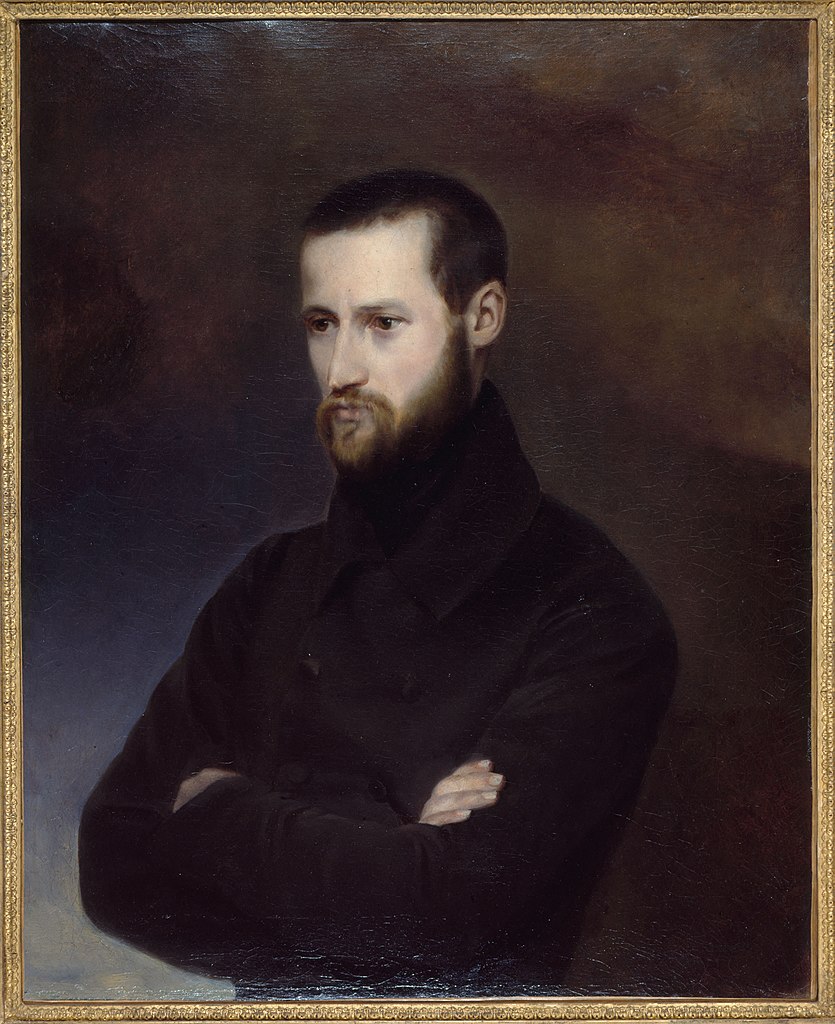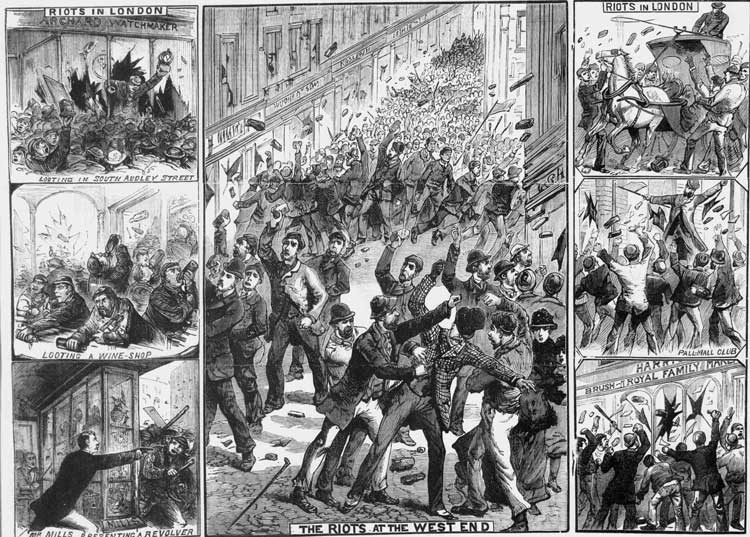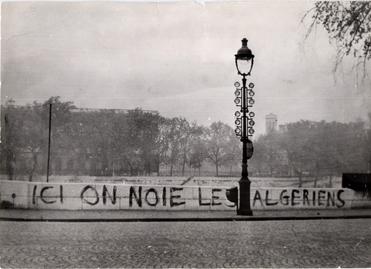
Today in Labor History February 8, 1805: Louis-Auguste Blanqui was born. He was a French revolutionary and participant in the Paris Commune. Blanqui took an active role in most republican conspiracies of the early to mid 1800s, both in France, and in Italy with the Carbonari society, including the July Revolution of 1830. In 1840, the authorities condemned him to death for his role in a violent rebellion led by the Société des Saisons. However, they commuted it to life in prison and then ended up releasing him during the revolution of 1848. Needless to say, he promptly resumed his attacks.
In 1849, they again imprisoned him, but he escaped and led two more armed uprisings. Just prior to the Paris Commune, they arrested him again. While in prison, the Communards elected him president of the commune. The Communards offered to release all of their prisoners if the government released Blanqui. In 1872, along with other leaders of the Commune, the authorities sentenced him to deportation. But because of poor health, they commuted his sentence to local imprisonment. He died in 1881.
1880s

Today in Labor History February 8, 1886: Black Monday Riot in Trafalgar Square, London. Two rival organizations were demonstrating against unemployment and low wages, the London United Workmen’s Committee and the Social Democratic Federation. Despite their rivalry, both groups participated without any major fights. However, angry workers started spilling into the West End, smashing windows, looting and destroying property.
Today in Labor History February 8, 1887: The Dawes Act created a U.S. government-imposed system of private property on Indigenous lands. It forced Native Americans to “assume a capitalist relationship with property” that not previously exist in their cultures.
1910s
Today in Labor History February 8, 1919: A General Strike occurred in Butte, Montana against a wage cut. Inspired by the Seattle General Strike, members of the IWW and the Metal and Mine Workers Union, Local 800, organized Soldiers’, Sailors’ and Workers Councils to lead the strike. Streetcar workers joined in, shutting down transportation for 5 days. Soldiers, returning from World War II, joined the pickets. Montana’s governor called in the National Guard. They bayoneted 9 workers. The workers ultimately called off the strike out of fear that there would be fatalities.
1930s-1950s
Today in Labor History February 8, 1937: Spanish Republicans established the Interprovincial Council of Santander, Palencia and Burgos in Cantabria. The council consisted of 6 Socialists, 4 Republicans, 3 Anarchists and 2 Communists.
Today in Labor History February 8, 1950: East Germany established the Stasi, their secret police force.
1960s

Today in Labor History February 8, 1962: French National Police opened fire on a large demonstration in the Charonne massacre. Supporters of Algerian liberation and unionists were protesting the OAS, a right-wing paramilitary fighting against Algerian liberation fighters. 9 people died, all members of the CGT union. This came in the wake of the October, 1961 massacre, when French National Police, under orders from Nazi collaborator, Maurice Papon, opened fire on 30,000 supporters of Algerian independence. The French government acknowledged that they killed 50 people. However, some historians believe that 200-300 Algerians died. In 1998, the authorities convicted Papon of Crimes Against Humanity for his collaboration with the Vichy government. During the trial, they established that the 1961 massacre was deliberate.
Today in Labor History February 8, 1968: The Orangeburg Massacre occurred in South Carolina, when highway patrolmen fired on black student protesters from South Carolina State. They killed 3 and wounded 33. They were the first student demonstrators killed by the police in the 1960s.